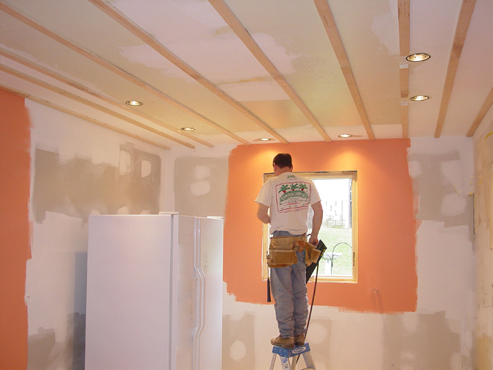More Stories

Friday, March 21st 2025
Four decades of 6-7% yearly house price growth ending
New Zealander’s reliance on property capital gains in the mid-single digits is at an end.
![[TMM Podcast] Yelsa serves up “marine reserve” of property buyers](https://www.goodreturns.co.nz/pics/mike%20harvey.jpg)
Friday, January 31st 2025
[TMM Podcast] Yelsa serves up “marine reserve” of property buyers
It’s been years in the making and former real estate agent Mike Harvey is now coming to market with his platform matching buyers and sellers, an offering he says will be a gamechanger for the industry.

Friday, January 17th 2025
Leaving last year's stumbling housing market behind
As interest rates ease and job losses climb, New Zealand’s housing market faces a mixed year of modest growth, with conflicting forces shaping the outlook for homebuyers and investors.

Wednesday, January 15th 2025
Don’t bet on house prices rising faster than incomes
Former Reserve Bank Governor and National Party leader Don Brash says there are grounds for believing that house prices may finally have ended the three-decade period when they rose significantly faster than incomes.

 Search
Search
